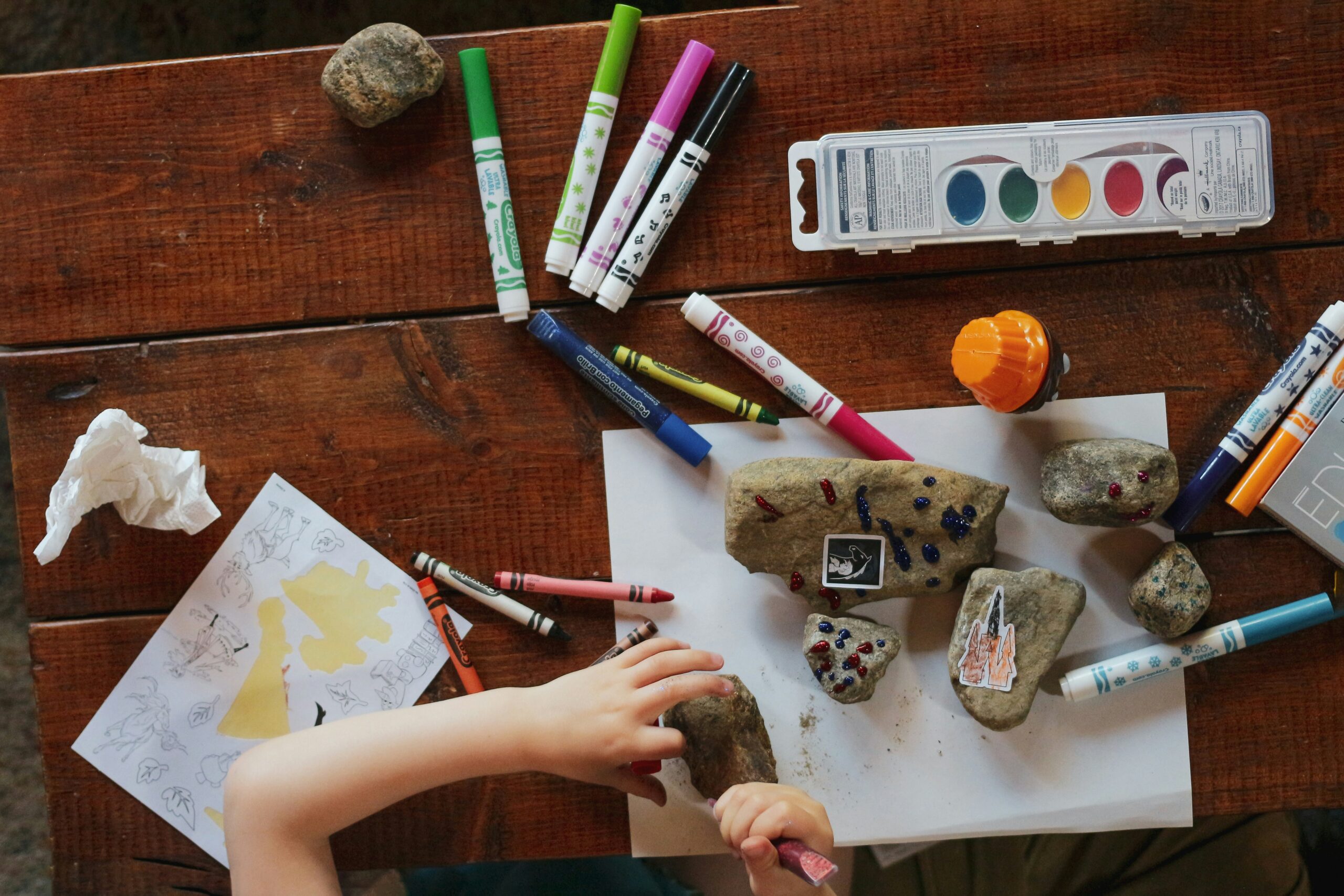For many families, summer days are filled with free play. Your child may build a racetrack out of Magna-tiles or a castle out of Lego blocks, write and illustrate a graphic novel, or dance freely to their favorite songs. From easy days at home or on vacation to adventures and art projects at camp, the focus shifts from routine and responsibilities to connection and creativity.
This time spent engaging with free play is incredibly powerful — not only for your child’s mental health and mood but also for their developmental growth.
It is often described as “childhood’s work” because it’s the primary way that children learn about their environment and themselves. It allows them to develop the physical, cognitive, social, and emotional skills they need to live full and independent lives. Further underscoring its importance in healthy development, the UN high Commission of Human Rights considers it a fundamental right.
Before we dive in, it’s important to clearly define free play. While the specific types of activities vary for each child, the American Academy of Pediatrics identifies the following three characteristics as key to this concept:
- Actively engaged: Free play requires the child’s active participation (physically, mentally, and/or emotionally). It often leads to a state of deep concentration and a sense of mastery.
- Self-motivated: It must be driven by the child’s internal preference and curiosity instead of external pressures or rewards. For neurodivergent children, ideation around play can be challenging. If your child is struggling, you can scaffold the play to encourage curiosity and foster creativity. Be sure to follow the lead of your child around the topic or special interest so that they can reap the benefits of free play!
- Joyful outcomes: It leads to happiness and typically involves learning and exploration.
Now, let’s consider four types of free play — all of which can be used in the therapeutic setting — and their benefits.
Social Play
Social play includes activities like tea parties, Go Fish, or hide-and-seek. It encourages conflict resolution, teamwork, role negotiation, and empathy, allowing children to practice problem-solving and following the rules (those that are pre-set and also self-imposed). These skills are crucial for fostering emotional intelligence, healthy relationships, and resilience.
Object Play
When children build marble runs, block towers, or epic forts out of household objects, they gain a better understanding of spatial reasoning and cause-and-effect. They may need to try various approaches to find one that allows them to reach their goals, encouraging them to try again if they fail.
Pretend Play
By playing “family” with their friends or pretending to be a veterinarian, your child learns how to take initiative, cooperate with others, and think imaginatively. It also teaches them the value of understanding different perspectives. Better yet, research links this type of play to increased cognitive development, better self-regulation, and enhanced creativity.
Physical Play
Physical play is exactly what it sounds like! When your child is running, jumping, climbing, or participating in a sport just for fun, they are developing both fine and gross motor skills while also improving their physical health. Activities like tag or rollerblading improve their coordination and strengthen their muscles.
Physical play may involve playful contact, like wrestling or chasing. This rough-and-tumble approach to play can seem aggressive, but it actually promotes empathy, cooperation, fairness, and even emotional regulation.
This summer, we want to encourage you to make play a priority in your home.
Not only will it help to deepen your family bond, but it will also teach your child valuable life lessons and build their confidence. Ultimately, free play plays a critical role in well-rounded development by fostering cognitive, social, emotional, and physical skills.
At the Center for Rising Minds, we’d love to help you and your family with your mental health care needs! Please reach out to us today to inquire about our services or join our waitlist.
